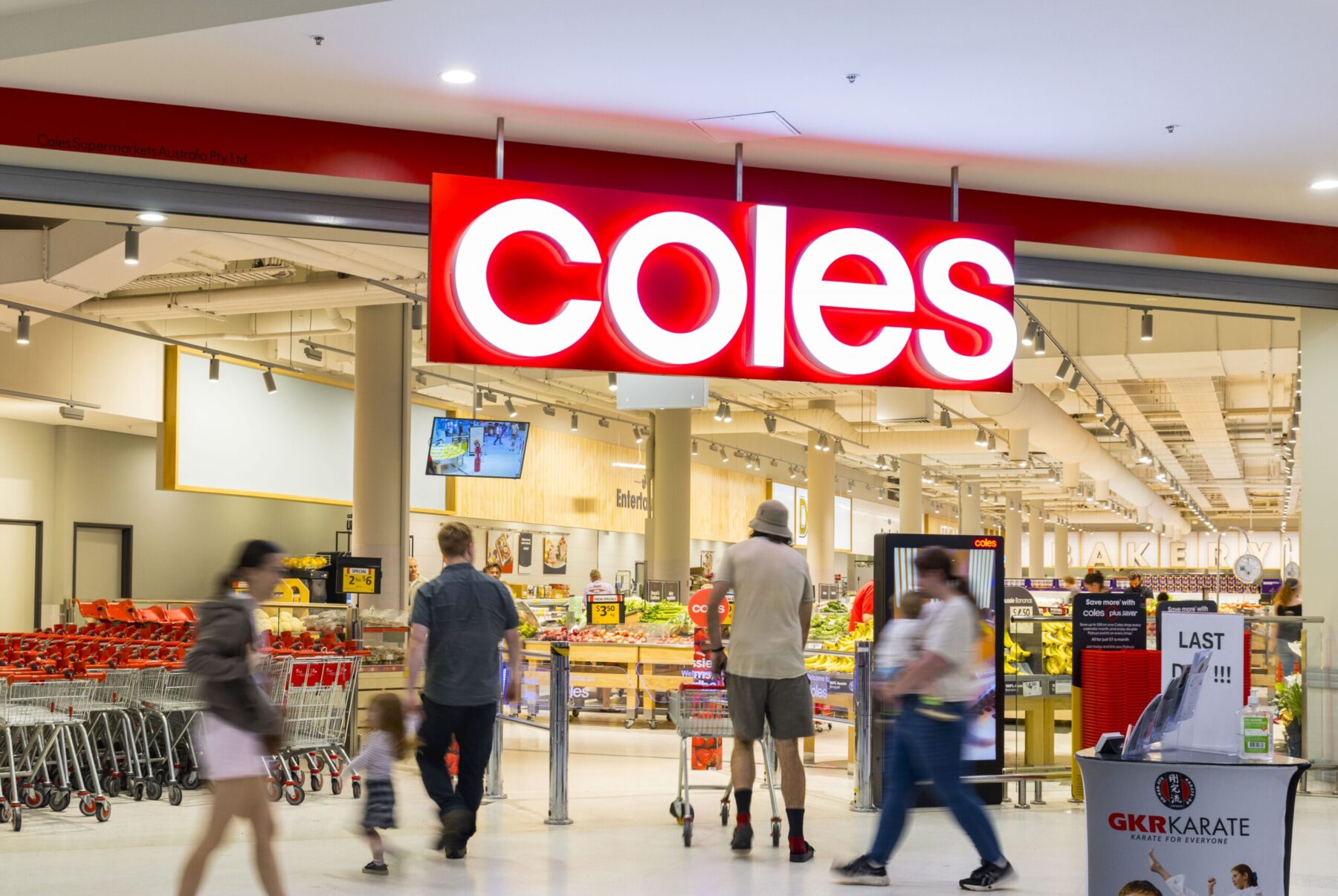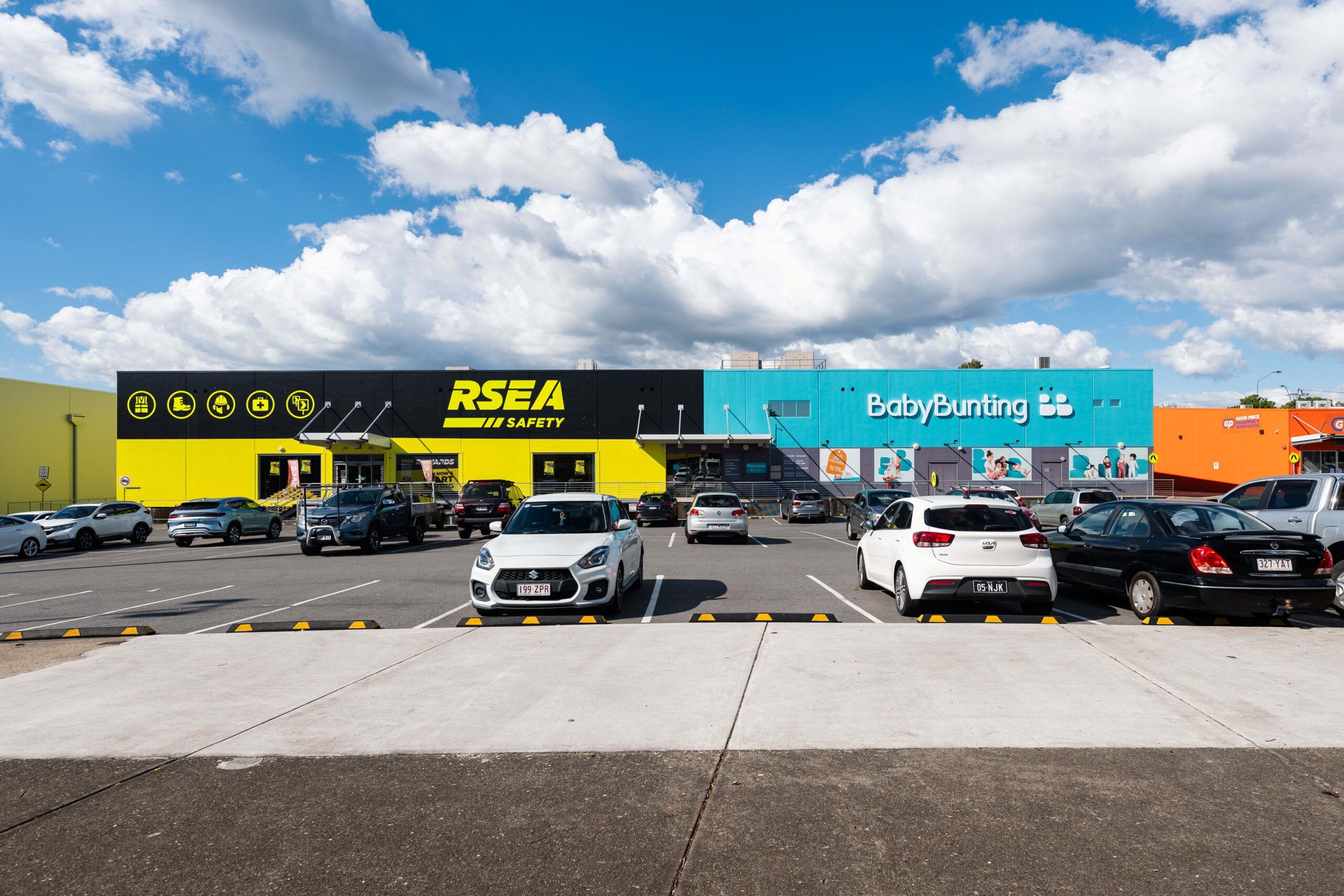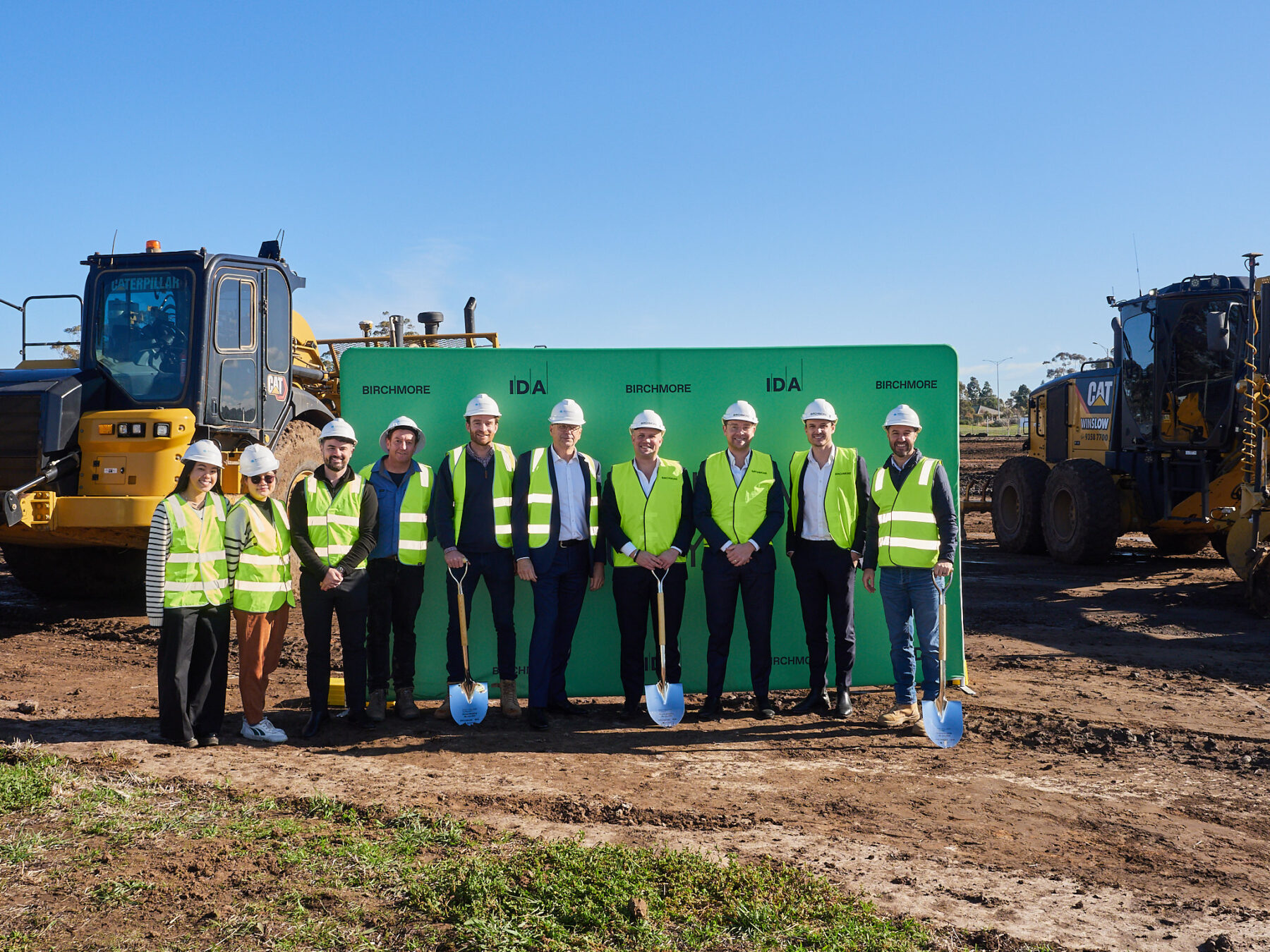Like many retail focused landlords, the Elanor Retail Fund will shortly feel significant impacts from the COVID 19 disruptions.
The fund have released a statement indicating that their overall strategy is unchanged, however it is clear that circumstances are changing and the market is in for difficult few years ahead.
The Fund previously announced that it had secured an Agreement for Lease with Aldi for part of the ex Big W space at Auburn Central and were advanced in negotiations with two other mini majors and a number of speciality stores, however these are no all likely to be on hold. ERF advised today that the works associated with the changes were fully funded and are scheduled for completion by October 2020.
The Fund has also successfully renewed a $41.7 million debt tranche due to expire in May 2020, to May 2022. This reduces the Fund’s weighted average cost of debt to approximately 3.25% per annum, (3.96% per annum at 31 December 2019) and increases the weighted average term to maturity to approximately 2.6 years (2.3 years at 31 December 2019).
ERF remains within existing debt covenants with a net gearing ratio of approximately 40% , (39.3% at 31 December 2019). The fund loan covenants outlined in February included a Loan-to-value ratio ≤ 50% and an Interest Cover Ratio ≥ 2.00x, assessed semiannually.
The prospects of breaching these covenants is much greater now that many tenants have been forced to close. Our assessment is that ERF would have to see a drop of approximately 60% in income in a quarter to breach the LVR covenant. This is unlikely given that major stores alone provide 40% of the rental income to the Fund.
Valuers have already indicated that sub prime assets with lower quality tenant covenants will likely see softening cap rates. ERF are exposed to a loss of value and a theoretical 100Bps softening of cap rates combined with a 10% drop in income would result in an LVR of 51% and a breach of covenant. A 20% drop in market rental income would see the LVR increase to 58%. If the circumstances persist, ERF should be able to manage lending relationships to avoid a default.
One option for ERF is to continue to sell assets, and in December last year, ERF commenced a structured sales program of the Fund’s Income Assets, with the proceeds to be recycled into Value-Add retail or utilised for a buy back of securities.
ERF engaged Savills National Retail Investments team to divest three shopping centre assets being Moranbah Fair, Manning Mall and Gladstone Square (valued at $94.7m in total). The sales program for the Fund’s Income Assets has now been suspended as a result of the current dislocation in capital markets following the COVID-19 pandemic, however this is a clear option for reducing debt on the other side of the current downturn.
Of course, the immediate COVID19 impacts are being felt by the Fund tenants creating difficult trading conditions, particularly for some of our discretionary focussed retailers and service providers. Some tenants have closed their stores on a temporary basis, and the Fund has received requests from certain tenants for rental relief. The Fund is proactively engaging with retailers in this regard.
ERF have advised that the potential financial impacts of the COVID-19 pandemic are currently extremely difficult to forecast, and therefore no earnings or distribution guidance will be provided by the Fund, however we do expect ERF to provide ongoing advice to the market on its trading conditions, valuations and debt covenant provisions.



